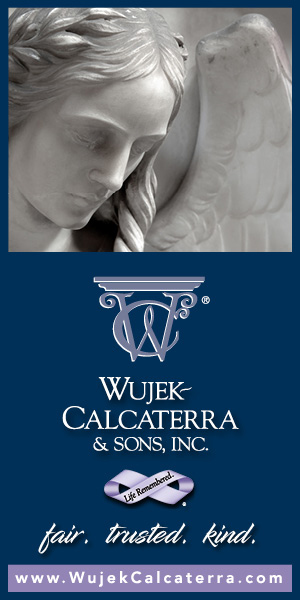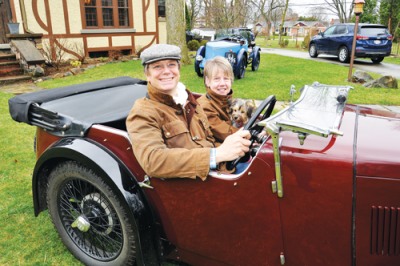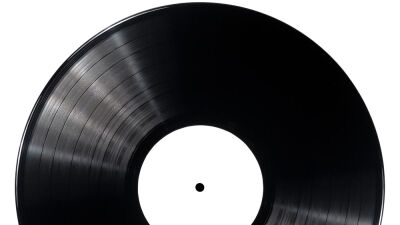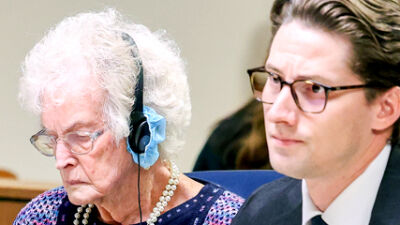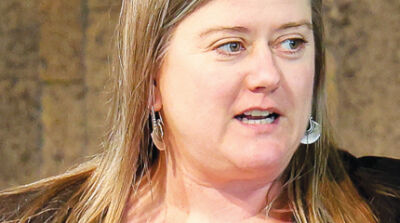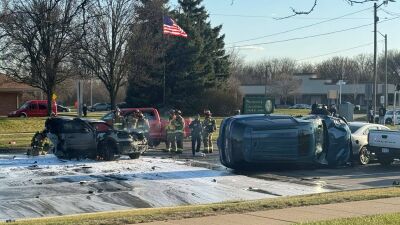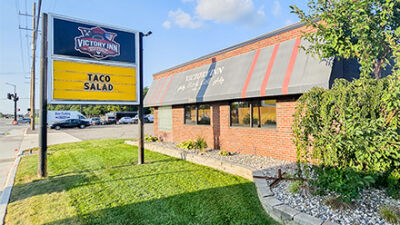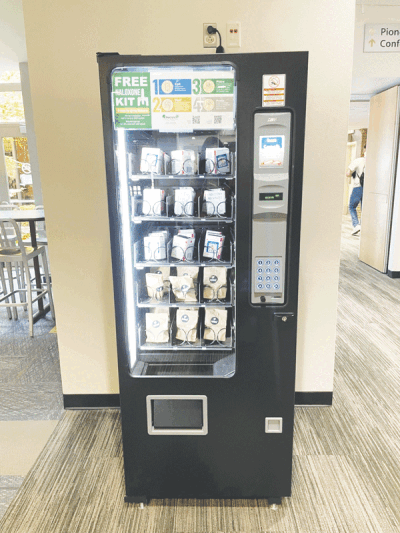
A new naloxone vending machine is located in the west end of the Oakland Center, near the welcome desk in the hallway heading toward the Pioneer Food Court and the Bistro on the campus of Oakland University.
Photo by Mary Beth Almond
ROCHESTER HILLS — A vending machine that’s been repurposed to distribute lifesaving supplies to help fight the opioid epidemic is now available at Oakland University.
Installed in the university’s Oakland Center, near the welcome desk, the new vending machine dispenses free packets of Narcan — which contain the overdose-reversal drug naloxone, a lifesaving medication for those struggling with opioid dependency.
“We wanted to have it in a space where the building was open for extended hours,” said Ann Rayford, the director of the Graham Health Center. “The Oakland Center is a public space. It’s kind of inconspicuous … so anyone who is walking by can access that free resource.”
The vending machine was filled and delivered to OU April 15. Just three days later, Rayford, who is also a nurse practitioner, said it was already empty.
“We see more and more in the community that there is synthetic fentanyl, and that is probably where the most danger is. Sometimes, it can be an accidental exposure to fentanyl,” Rayford said. “If there is too much narcotic, or opioid, it actually reduces the respiratory system. Breathing gets so slow and ends up stopping, and it causes cardiac and respiratory arrest.”
Naloxone quickly blocks the effects of opioids — allowing a person suffering breathing problems due to an overdose to be revived.
“It’s amazing how quickly it works. … It truly saves their life,” Rayford added.
The vending machine is restocked weekly by the Oakland County Health Division.
From April to September, Rayford said, well over 205 doses were taken from the machine.
“If that doesn’t speak to the importance of needing to have a resource available …,” she said. “That number is really surprising, especially through the summer months.”
Making naloxone available and free of charge can help prevent overdoses by allowing people to access the drug without having to interact with anyone, therefore reducing the stigma.
“I think it will benefit the community,” OU Police Chief Mark Gordon said. “It has already been beneficial, and it’s going to continue to be beneficial. The general public has access to it, you don’t have to ask for it and no one has to get it for you, so you can just help yourself to get it, which is a great concept.”
The vending machine is the result of a collaboration between the Oakland County Health Division and a committee of representatives from the Office of the Dean of Students, Environmental Health and Safety; the Graham Health Center; and the Oakland University Police Department.
The naloxone vending machine is another resource and tool on campus that complements the university’s newly developed Hope Not Handcuffs program — an initiative started by Families Against Narcotics, aimed at bringing law enforcement and community organizations together to find viable treatment options for people seeking help to reduce dependency on heroin, prescription drugs and alcohol — and its new collegiate recovery coordinator position, aimed to equip students, faculty and staff with the tools to make that next step into recovery.
 Publication select ▼
Publication select ▼